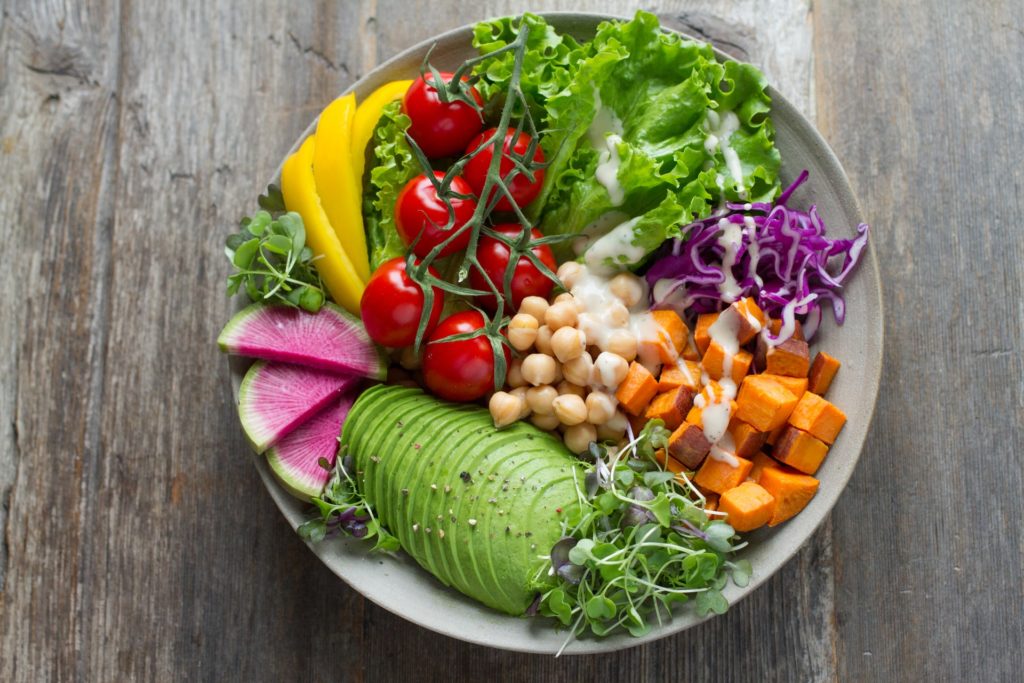People on a plant-based diet are in danger of missing out on some essential nutrients, which could be dangerous among certain population groups, according to the High Council for Health, in its first-ever report on the subject.
The Council is a scientific advisory body to the federal public health ministry, consisting of 300 appointed experts with access to 1,400 more, depending on the matter before the Council. Its job is to “provide guidance to political decision-makers and health professionals”.
The report notes a gradual decline in the consumption of meat in Belgium in recent years and a less marked decline in the consumption of dairy products. For a variety of reasons, among them ecological, philosophical or economic reasons, people are turning towards one or another version of vegetarianism, including pesco-lacto-ovo-vegetarianism all the way to veganism.
It also points out the benefits such an evolution can bring, for example to the carbon footprint and to biodiversity, as well as the individual health benefits available from a plant-based diet, such as in preventing certain types of illness, from obesity to cancer.
Related News
- Test Achats: Meat replacement products don't always replace meat
- Obesity treatments must be considered urgent, says Clinique Saint Jean
However, there are also risks involved with such a diet, notably a lack of protein, certain types of fat such as omega 3, minerals especially in the case of young children, and vitamins such as B12 and D.
“Since meat, fish and, to a lesser extent, eggs are the main sources of iron, diets without such content run the risk of shortage or even deficiency,” the report states. “In addition, this risk is enhanced by various plant components (oxalic acid, phytic acid, tannins) that bind to iron and make absorption more difficult. A lack of iron will develop more quickly when there is an increased need such as during growth or pregnancy.”
The 170-page report does not advise against a plant-based diet, to be clear, but only aims to point out the possible problems that might arise for certain groups.
In general, those groups can be limited to three: young children, pregnant and nursing women and older people. While there are benefits to be had by all three groups from a plant-based diet, there are also risks that people should be aware of.
According to figures from the group Ethical Vegetarian Alternative (EVA), 3% of people in Flanders claimed to be vegetarian in 2020, while a further 10% described themselves as flexitarian – eating meat-free at least three times a week. The number is higher than it has ever been, and is reflected by the increasing number of products on supermarket shelves involving plant-based preparations, from oat milk to vegetarian burgers.
“It is best not to start rashly on a vegetarian diet,” dietician Jolien Kennis told De Morgen. “Novice vegans can suffer from intestinal complaints due to higher fibre consumption. We also see that some feel less energetic because they accidentally eat low-calorie products. That can lead to unwanted weight loss. It is therefore important to look for a nice balance of nutrients within the vegetarian diet,” she said, echoing the advice of the Council.
Alan Hope
The Brussels Times

